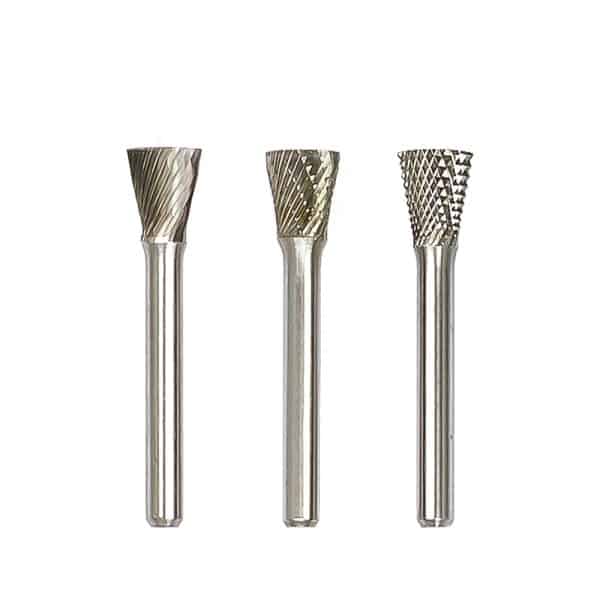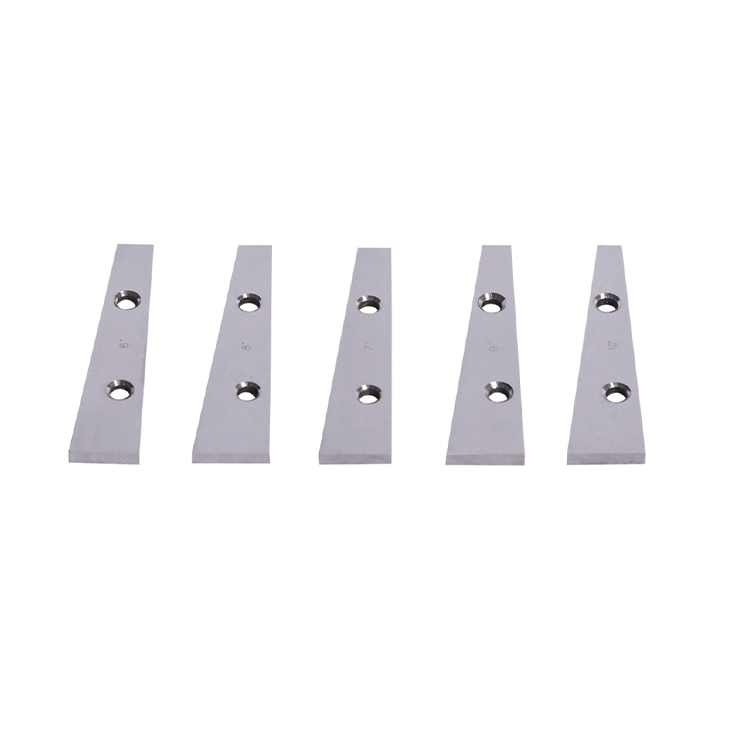collet chuck
A collet chuck is a specialized type of chuck used to hold cylindrical or hexagonal workpieces with high precision. Unlike traditional jawed chucks, collet chucks grip the workpiece evenly around its circumference, providing superior accuracy and reduced vibration. This guide explores the different types of collet chucks, their applications, and factors to consider when choosing the right one.What is a Collet Chuck?A collet chuck is a clamping device used in machine tools to hold a workpiece or a cutting tool. It consists of a collet, which is a slotted sleeve, and a chuck body that tightens the collet around the workpiece. The even distribution of force provided by the collet ensures accurate and secure holding.Key Advantages of Collet Chucks High Accuracy: Offers superior concentricity and runout compared to jawed chucks. Even Gripping Force: Distributes force evenly around the workpiece, minimizing distortion. Reduced Vibration: Dampens vibration, resulting in smoother cuts and improved surface finish. Quick Changeover: Allows for fast and easy tool or workpiece changes.Types of Collet ChucksSeveral types of collet chucks are available, each designed for specific applications. Here are some of the most common types:ER Collet ChucksER collet chucks are the most widely used type due to their versatility and affordability. ER collets are available in a wide range of sizes, making them suitable for holding various tool and workpiece diameters. They are known for their good accuracy and clamping force.Features: Standard type of collet chuck Wide range of sizes available Good accuracy and clamping forceDA Collet ChucksDA collet chucks are similar to ER collet chucks but are generally more compact. They are often used in applications where space is limited. While offering slightly less clamping force than ER collets, they provide excellent accuracy.Features: Compact design High accuracy Suitable for limited space5C Collet Chucks5C collet chucks are commonly used in lathes and grinding machines. They are known for their high precision and rigidity. 5C collets are typically used for holding workpieces rather than cutting tools.Features: High precision and rigidity Commonly used in lathes and grinding machines Typically used for holding workpiecesR8 Collet ChucksR8 collet chucks are commonly found on milling machines, particularly Bridgeport-style mills. They feature a self-releasing design, which simplifies tool changes. They are known for their ease of use and reliability.Features: Self-releasing design Easy to use Commonly found on milling machinesApplications of Collet ChucksCollet chucks are used in a wide range of machining applications, including: Milling: Holding end mills, drills, and reamers. Turning: Holding workpieces in lathes. Grinding: Holding workpieces during grinding operations. Drilling: Providing accurate and secure tool holding. Tapping: Ensuring precise and controlled tapping operations.Choosing the Right Collet ChuckSelecting the appropriate collet chuck is crucial for achieving optimal performance and accuracy. Consider the following factors:Workpiece or Tool DiameterEnsure that the collet chuck can accommodate the diameter of the workpiece or tool being used. Collets are available in various sizes, so choose one that matches the diameter as closely as possible.Machine Tool TypeDifferent machine tools require specific types of collet chucks. For example, R8 collet chucks are typically used on milling machines, while 5C collet chucks are common on lathes.Accuracy RequirementsIf high accuracy is essential, choose a collet chuck known for its precision, such as a 5C or DA collet chuck. Consider the runout specification of the chuck.Clamping ForceSelect a collet chuck that provides sufficient clamping force for the application. Heavy-duty machining operations may require a chuck with higher clamping force.Ease of UseConsider the ease of use of the collet chuck, particularly for frequent tool or workpiece changes. Self-releasing designs, such as R8 collet chucks, can simplify the process.Maintenance of Collet ChucksProper maintenance is essential for ensuring the longevity and accuracy of collet chucks. Follow these guidelines:CleaningRegularly clean the collet chuck and collets to remove chips, dirt, and debris. Use a clean, dry cloth or compressed air.LubricationApply a light coating of oil or grease to the collet chuck and collets to prevent rust and corrosion. Follow the manufacturer's recommendations for lubrication.InspectionInspect the collet chuck and collets regularly for signs of wear or damage. Replace worn or damaged parts as needed.Where to Buy Collet ChucksYou can purchase collet chucks from various sources, including: Machine Tool Suppliers: Suppliers specializing in machine tools and accessories, such as Wayleading Tools, offer a wide selection of collet chucks and related products. Online Retailers: Online marketplaces like Amazon and eBay carry a variety of collet chucks from different manufacturers. Industrial Supply Companies: Companies like MSC Industrial Supply and Grainger offer a wide range of industrial products, including collet chucks.Collet Chuck Selection Guide Collet Type Typical Applications Advantages Disadvantages ER Milling, drilling, tapping Versatile, wide range of sizes Lower clamping force compared to some other types DA Applications with limited space Compact, high accuracy Lower clamping force than ER 5C Lathes, grinding machines High precision, rigidity Typically for workpieces, not tools R8 Milling machines (Bridgeport-style) Self-releasing, easy to use Specific to certain milling machines ConclusionCollet chucks are essential tools for achieving high accuracy and precision in machining operations. By understanding the different types of collet chucks and their applications, you can select the right chuck for your needs and ensure optimal performance. Remember to maintain your collet chucks properly to prolong their lifespan and maintain their accuracy. For high quality collet chucks and other tooling solutions, be sure to check out Wayleading Tools.
Related products
Related products
Best selling products
Best selling products-
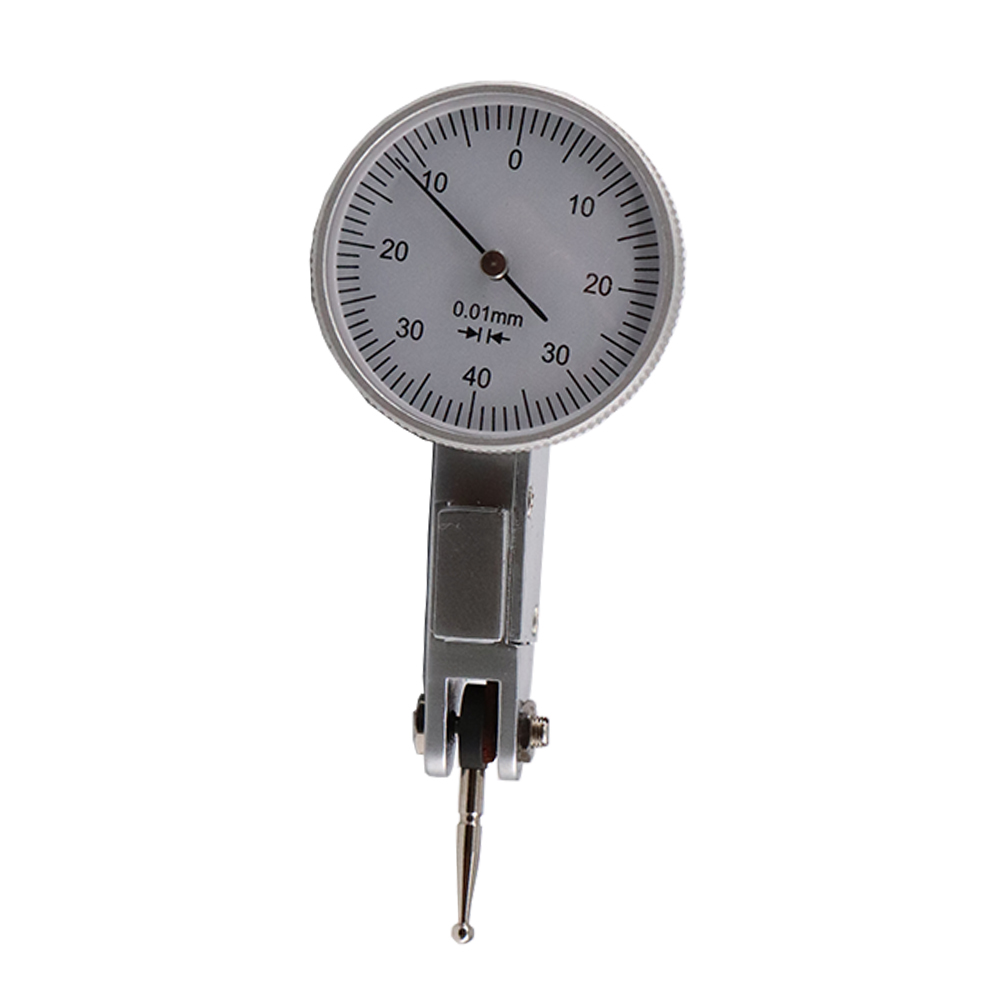 Precision Dial Test Indicator Gage For Industrial
Precision Dial Test Indicator Gage For Industrial -
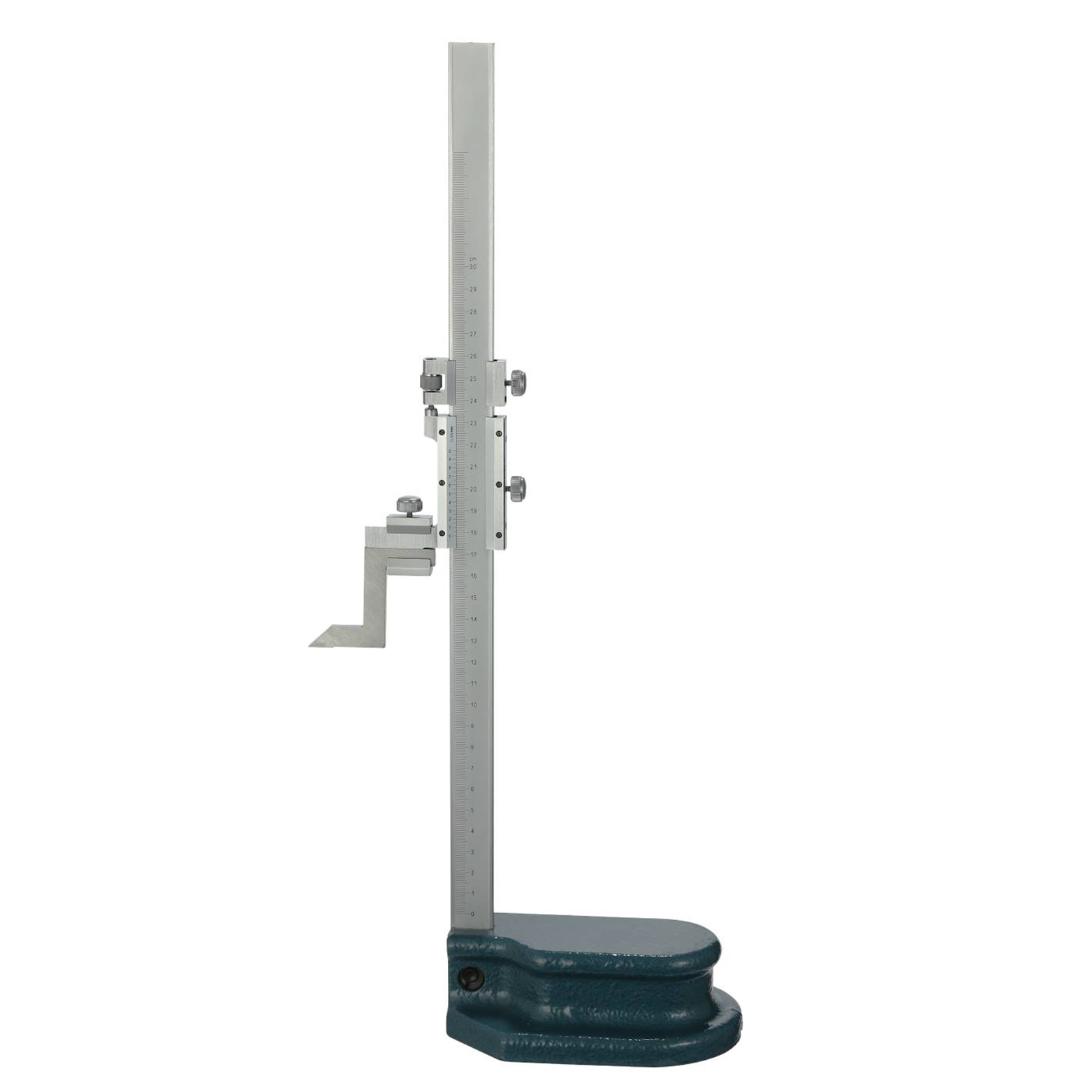 Vernier Height Gauge For Industrial
Vernier Height Gauge For Industrial -
 High Precision BT-ER Collet Chuck – CNC Tool Holder, Spring Type, ER16–ER40
High Precision BT-ER Collet Chuck – CNC Tool Holder, Spring Type, ER16–ER40 -
 DIN6537L Metric Solid Carbide Twist Drill With Internal Coolant & External Coolant
DIN6537L Metric Solid Carbide Twist Drill With Internal Coolant & External Coolant -
 Electronic Digital Height Gauge From 300 to 2000mm
Electronic Digital Height Gauge From 300 to 2000mm -
 HSS Metric Taper Shank Twist Drills for High-Precision Metal Cutting
HSS Metric Taper Shank Twist Drills for High-Precision Metal Cutting -
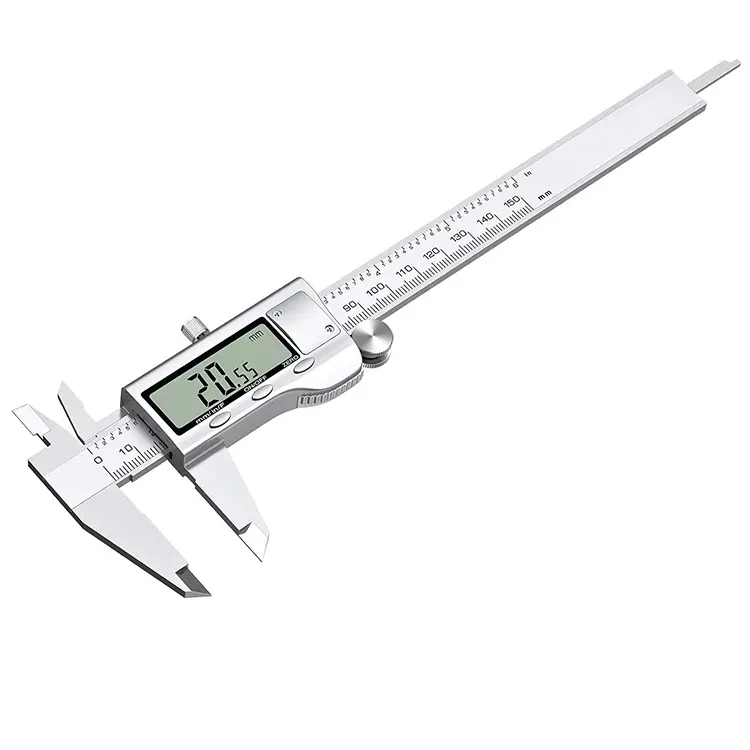 Precision Digital Caliper Of Metal Case For Industrial
Precision Digital Caliper Of Metal Case For Industrial -
 7pcs Carbide Turning Tool Set With Metric & Inch Size
7pcs Carbide Turning Tool Set With Metric & Inch Size -
 Precision Vernier Caliper With Nib Style Jaws Of Metric & Imperial For Industrial
Precision Vernier Caliper With Nib Style Jaws Of Metric & Imperial For Industrial -
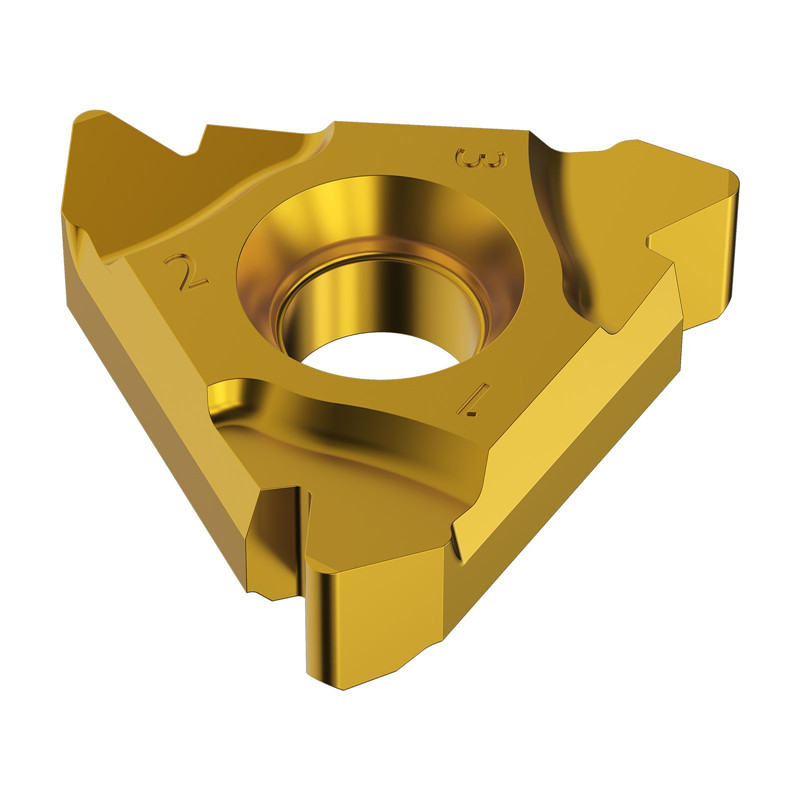 Partial profile 60° Threading Insert With ER & IR Type
Partial profile 60° Threading Insert With ER & IR Type -
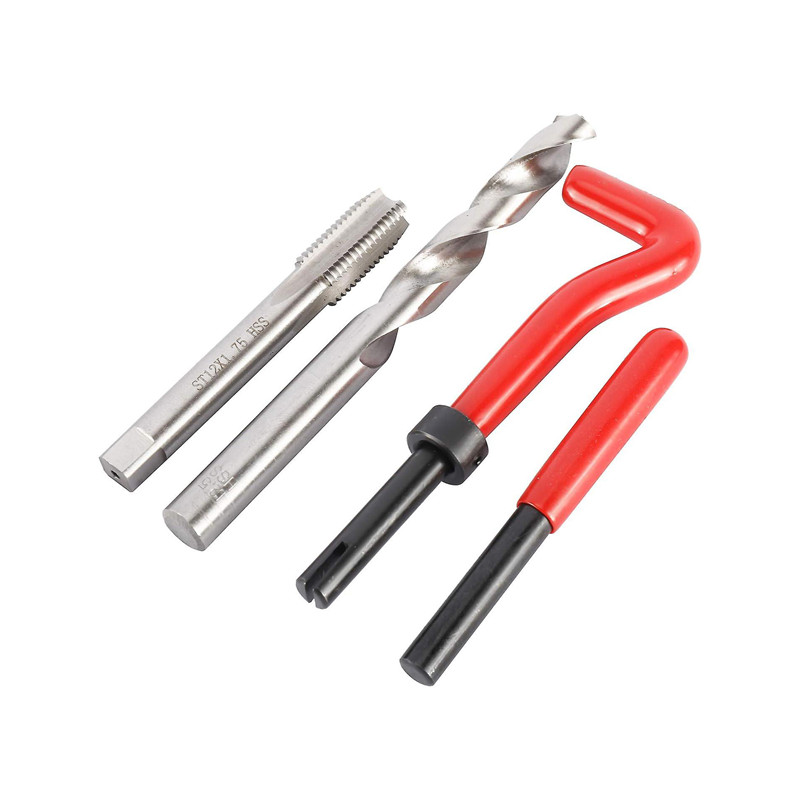 131PCS Thread Repair Set And Helicoil Type Thread Repair Set
131PCS Thread Repair Set And Helicoil Type Thread Repair Set -
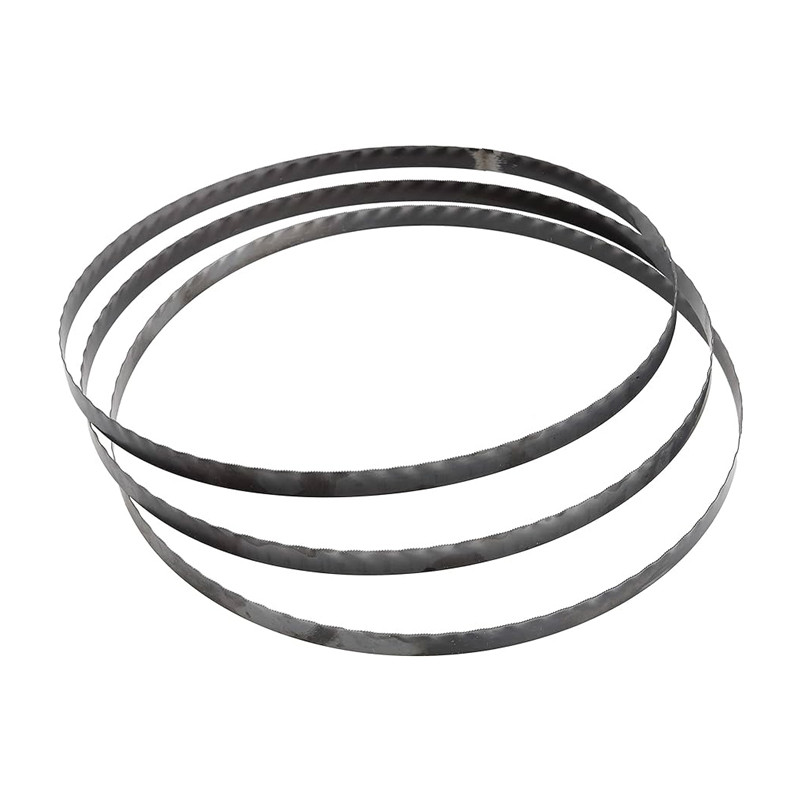 M42 Bi-Metal Bandsaw Blades For Industrial Type
M42 Bi-Metal Bandsaw Blades For Industrial Type

